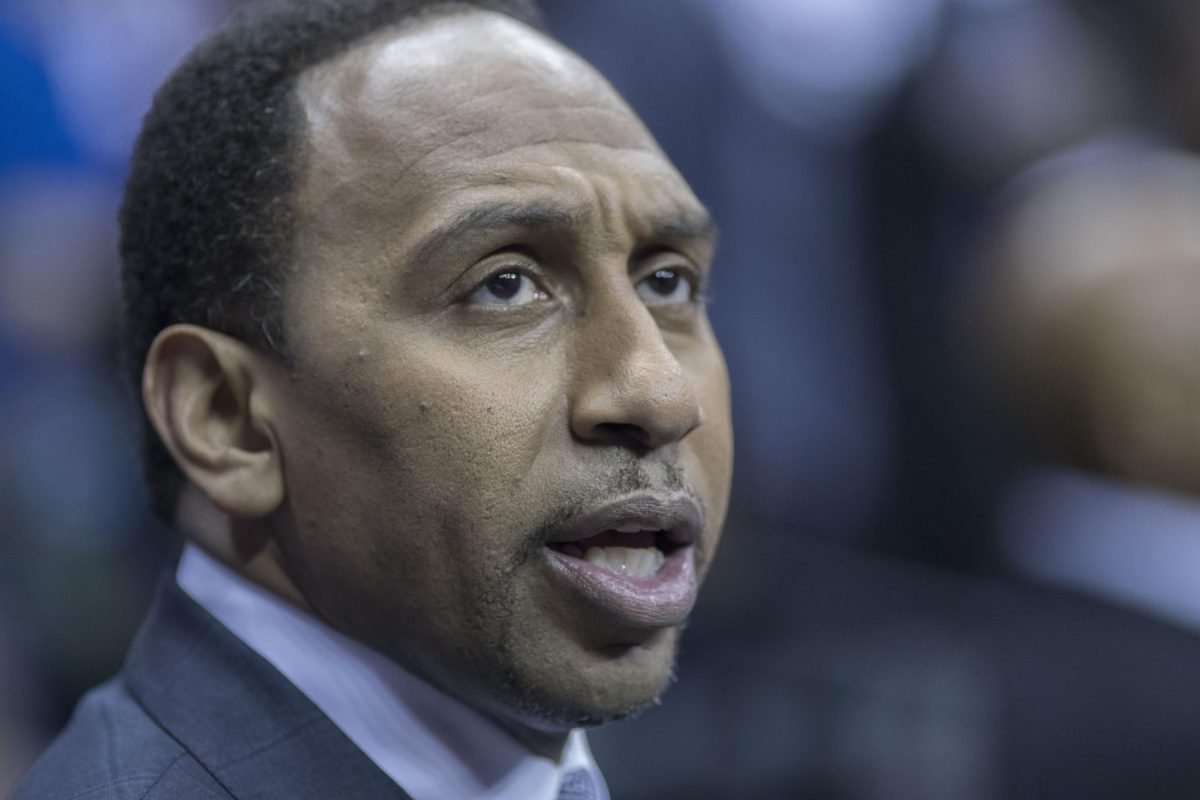This article was published as a part of The Catch.
The Catch is the April Fool's publication of Walter Johnson High School's student newspaper The Pitch.
Articles published in The Catch are not factual.
Last week, Zachary Smith, a sophomore baseball player at Southern Nebraska State University (SNSU) was publicly executed by the National Collegiate Athletic Association (NCAA) for allegedly pocketing a nickel found on the ground during a recent practice. The act was considered a violation of amateurism, the idea the NCAA has used for decades to profit off of the work of unpaid student-athletes. Smith was detained by NCAA officials within hours of the alleged event, and, after a brief interrogation, the 20-year old third baseman was put to death in a ceremony at the center of the SNSU campus.
“Student-athletes, coaches, fans and anyone involved with intercollegiate athletics should celebrate this day as an example of justice and the spirit of amateurism,” a statement from the NCAA read. “We can all feel safe knowing that the NCAA will continue to enforce the regulations of amateurism to ensure that intercollegiate athletics are never tainted by professionalization.”
A teammate of Smith’s, who was present at the time of the alleged event but requested not to be named in fear of possible attempts on his life from the NCAA, says that no one expected the simple act to be treated like such an enormous offense.
“Zach and I were jogging in towards the dugout, and he spotted something shiny on the ground,” he said. “He picked it up, and I never got a good look at it, but he said it was a nickel, and he kept it. The guys and I all thought he was pretty lucky, but we forgot all about it pretty quickly because it didn’t seem very important.”
Other sources close to Smith say that Smith had been thrilled to find the five cents, as he had been saving for weeks to finally be able to buy a one-dollar snack from the vending machine in his residence hall rather than dumpster dive for food. With his classes and baseball practices taking up all of his time, Smith had been unable to find a part-time job since the season began, and was forced to turn to the trash cans for all of his meals. This situation is common among student-athletes all across the country, but the NCAA refuses to give an inch on its rules of amateurism.
“What this student-athlete did was more than just a simple violation,” a spokesperson for the NCAA said. “Profiting off of athletic performance is never an acceptable behavior from a student-athlete, and in order to prevent these heinous actions from spreading, a clear example needed to be made.”
In addition to taking the life of Smith, the NCAA announced a new provision shortly after the incident that requires all student-athletes to hand over any and all “incidental financial gains” resulting from athletics to the NCAA. This includes cash found on the ground, money acquired from an ATM within one mile of any possible sports facility in the world, and even game currencies accumulated from playing games on cell phones near sports facilities.
“The NCAA wants to ensure that all money that can be remotely associated with college sports in any way goes straight into our pockets,” the spokesperson said. “Plus, I could really use a few more trophies in Clash Royale.”








